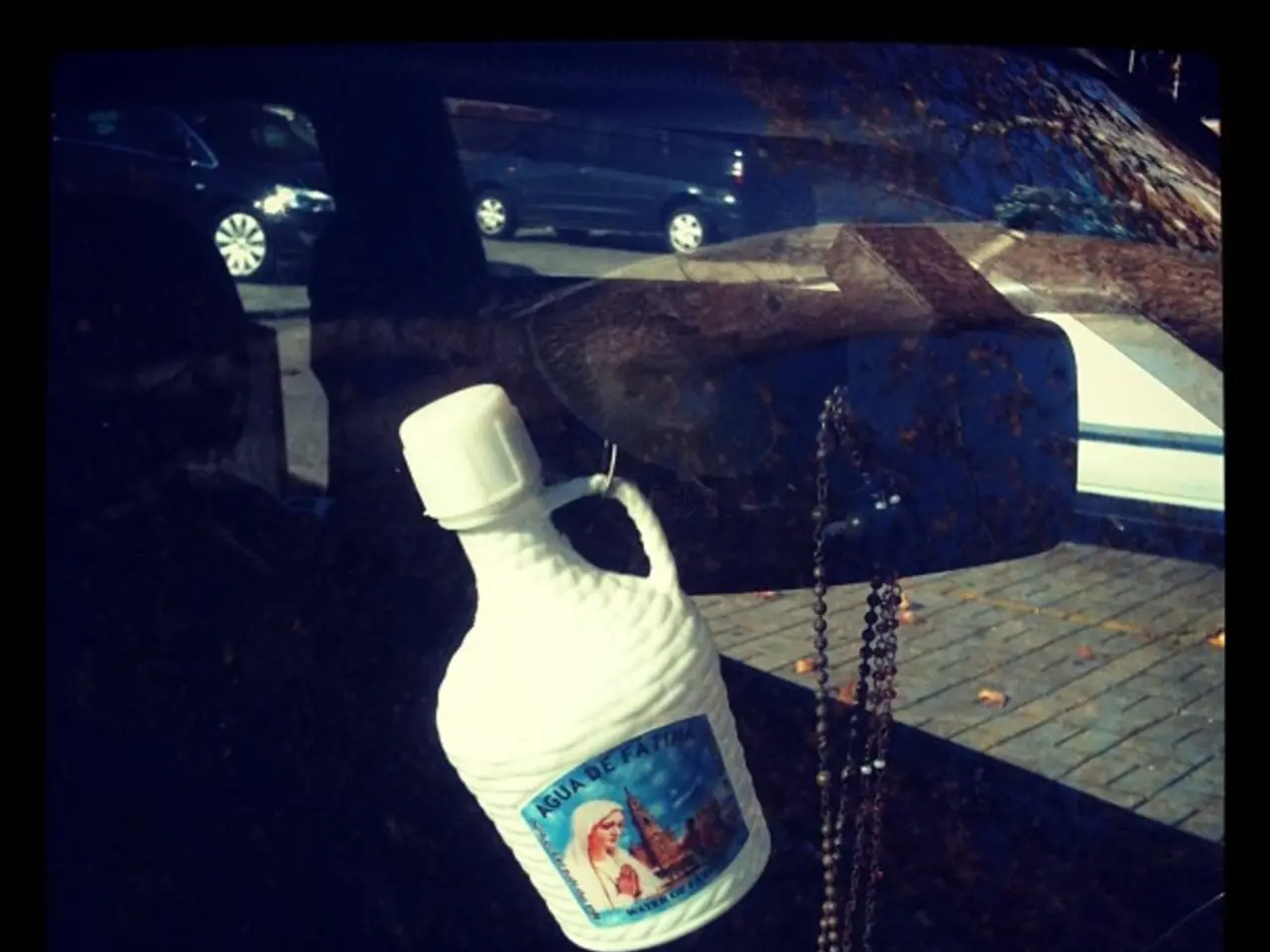Dissatisfied drivers protest India's introduction of E20 fuel
In an effort to reduce oil imports and lower emissions, India has been pushing to increase ethanol blending in petrol to 20% (E20). However, this move has raised significant concerns among consumers, particularly those with vehicles manufactured before 2023.
Many drivers have reported engine corrosion, drops in mileage, and more frequent repairs, especially in older and non-flex fuel vehicles not designed for high ethanol content. The government acknowledges a modest drop in mileage, around 1-6%, and attributes many issues to the need for engine recalibration and minor maintenance like gasket replacement.
The Ministry of Petroleum argues that increased ethanol reduces oil imports, lowers emissions, and supports farmers. They maintain that E20-compatible vehicles introduced post-2023 should not face such problems.
A Public Interest Litigation in the Supreme Court has challenged the mandatory nationwide rollout of E20, citing that many vehicles cannot handle the blend and that insurance companies reject claims for ethanol-related damage. The plea demands the availability of ethanol-free petrol (E0) and clear labelling of ethanol content at pumps to enable informed consumer choices.
Consumer Concerns | Government Response --------------- | ------------------ Engine Damage | Minor fixes like gasket replacement; recalibration recommended Fuel Efficiency | Expected fuel economy drop of 1-6% depending on vehicle tuning Vehicle Compatibility | Newer E20-compatible vehicles introduced post-2023 mitigate issues Availability and Transparency | No ethanol-free petrol widely available; labelling not mandatory Environmental/Economic Impact | Reduction in oil imports, emissions, and support for biofuel industry cited
While the government frames ethanol blending as a major green and economic win, vehicle owners—especially of older or non-flex fuel vehicles—are experiencing and reporting performance and durability problems. These concerns have led to legal challenges and calls for consumer protection measures.
Antony Mathew, a car-owner from Bangalore, believes the government should ensure compatible fuel is available in the market while charging high taxes on new petrol cars. The Indian government's ethanol programme aims to cut oil imports by blending petrol with ethanol, a biofuel derived from agricultural produce or organic waste. However, there is no publicly available data on how many of the millions of cars and motorbikes sold before 2023 are compliant with E20 fuel.
Between 2014 and 2024, the ethanol programme saved India about 1.06 trillion rupees (US$12.09 billion) in crude oil import costs and helped to avoid 54.4 million tonnes of carbon dioxide emissions. Despite these benefits, the push towards higher ethanol blends has sparked debate and concerns among vehicle owners.
Shell India has warned customers about the risk of engine damage or warranty loss from using E20 fuel. Thousands of drivers have shared their fears about E20 petrol on social media, complaining of lower fuel efficiency, damage to older engines, and costly repairs.
As the government continues to push for increased ethanol blending, it remains to be seen how it will address the concerns of vehicle owners and ensure a smooth transition to E20 petrol.
The government's push for increased ethanol blending in petrol, specifically E20, has led to significant concerns among vehicle owners, particularly those with older vehicles. This is due to reported engine damage, drops in fuel efficiency, and costly repairs (carbon, climate change, industry, finance, energy, SDG).
Moreover, there is a lack of ethanol-free petrol (E0) availability and clear labelling of ethanol content at pumps, which have fueled the demands for consumer protection measures (SDG, finance, energy).
In addition, the government's ethanol programme has been successful in saving substantial amounts of money on crude oil imports and reducing carbon emissions, but the transition to E20 has raised questions about compatibility with older vehicles and warranties (carbon, climate change, industry, finance, energy, SDG).




